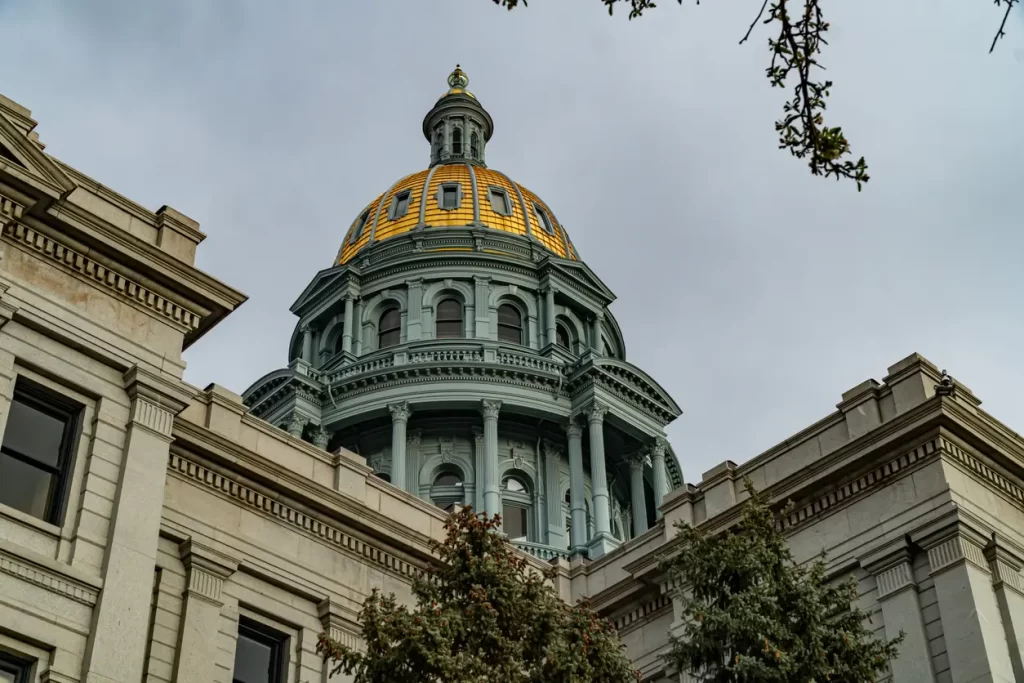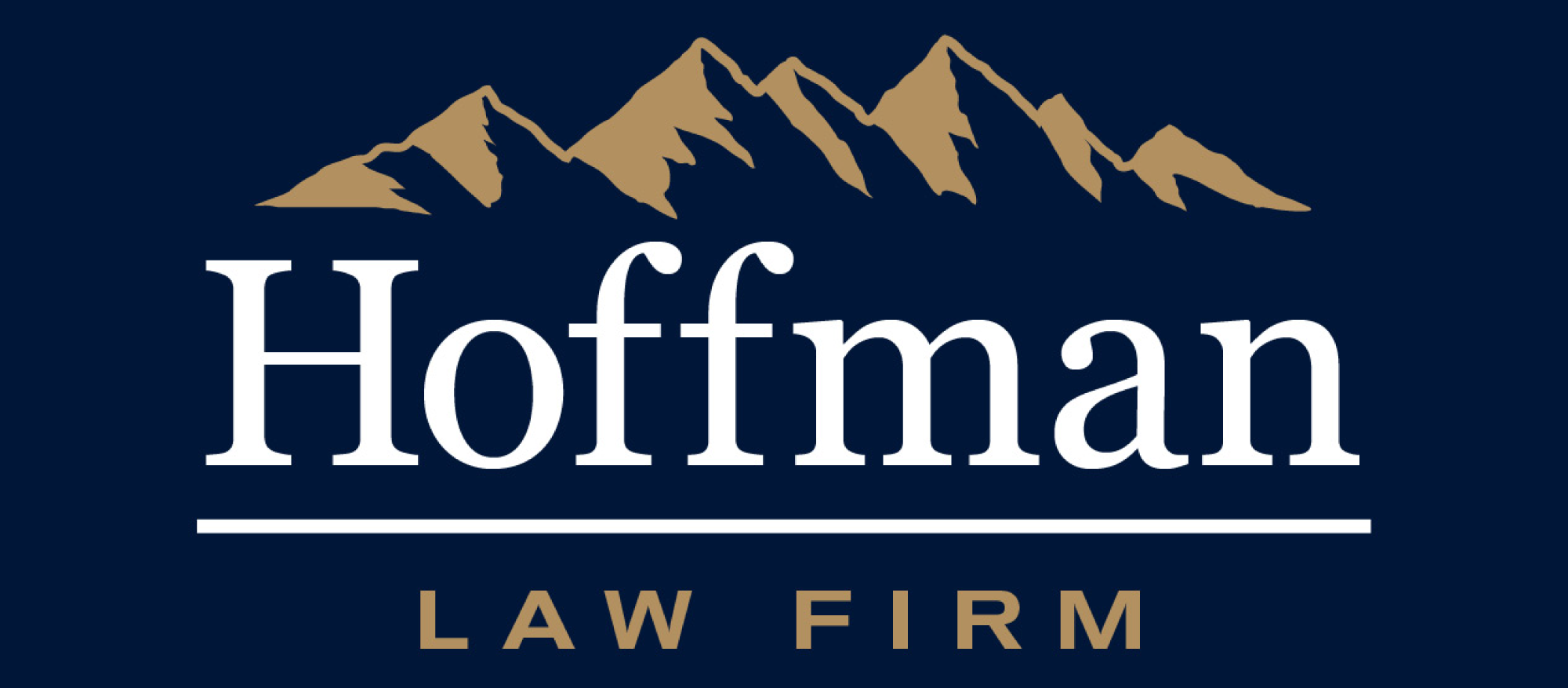What is Governmental Immunity in a Colorado Personal Injury Case?

Any lawsuit in Colorado can be a confusing and complicated endeavor. However, lawsuits become even more complicated when governmental entities are involved. Whenever the at-fault party or person is acting as a governmental employee/business the issue of “governmental immunity” must be addressed.
This legal doctrine plays a crucial role in determining the feasibility and outcome of lawsuits filed against governmental agencies or their employees. But what is governmental immunity, and how exactly does it influence a personal injury lawsuit in Colorado? Let’s examine Colorado’s governmental immunity and explore the exceptions that may pave the way for a successful personal injury claim.
Understanding Governmental Immunity
Governmental immunity, also referred to as “sovereign immunity,” is a legal principle that shields governmental entities and their employees from certain types of lawsuits. It essentially implies that the government cannot be sued without its consent, ensuring the uninterrupted performance of governmental functions without the constant threat of litigation.
Colorado, like many states, adheres to this doctrine and has enacted the Colorado Governmental Immunity Act (CGIA) to delineate the boundaries of immunity and outline specific scenarios where one can legitimately pursue a claim against the government. The CGIA strikes a balance, protecting governmental agencies from frivolous lawsuits while allowing injured parties to seek justice in instances of negligence or wrongful acts by governmental entities or employees.
The Parameters of the Colorado Governmental Immunity Act (CGIA)
The CGIA is instrumental in defining the contours of governmental immunity in Colorado. It specifies the conditions under which a governmental entity may be held liable and instances where immunity remains intact. The core areas where the government waives its immunity, thus allowing for lawsuits, include (but not limited to):
Motor Vehicle Accidents
The government waives immunity in cases involving motor vehicle collisions caused by public employees while executing their job responsibilities.
Public Institutions
Immunity may be waived for injuries that occur at public schools, universities, hospitals, and utility facilities.
Dangerous Conditions
Lawsuits may be filed for injuries resulting from dangerous conditions in public buildings or other public facilities, including roads and highways.
Exploring these exceptions and understanding their applicability is paramount in structuring a robust personal injury claim against governmental bodies.
Crafting a Successful Lawsuit: Key Considerations
To optimize the chances of success in a lawsuit against a governmental entity, certain requirements and strategic considerations must be kept at the forefront:
Notice of Claim
Before initiating a lawsuit, a formal notice of claim must be submitted to the relevant governmental entity, setting forth the nature of the claim and the damages sought. As of the date of this blog, the deadline to file the Notice of Claim is 182 days after the injury is discovered. Failure to comply with the notice can bar any recovery.
Timeliness
Claims against the government are subject to strict timelines. Ensuring that all legal processes, including the notice of claim, are conducted promptly is imperative.
Legal Expertise
Given the complexities involved, seeking the guidance of seasoned legal professionals specializing in Colorado personal injury law can enhance the prospects of a favorable outcome.
Damages
Once governmental immunity is overcome, injured Coloradans may seek damages. These damages aim to make the injured party ‘whole’ again by providing compensation for various losses incurred due to the injury.
Medical Expenses
One of the primary categories of damages recoverable is medical expenses. This encompasses costs incurred for medical care, including hospital bills, medication, therapy, and ongoing medical treatments related to the injury. These damages aim to cover both past and future medical costs ensuring that the injured party receives the necessary medical attention without bearing the financial burden.
Lost Wages and Earning Capacity
Compensation for lost wages may also be recoverable in lawsuits against governmental entities. If the injury has resulted in the victim being unable to work, either temporarily or permanently, damages for lost wages aim to compensate for this loss of income. Moreover, if the injury impairs the victim’s ability to earn in the future, damages may also be awarded for the loss of future earning capacity.
Pain and Suffering
Damages for pain and suffering refer to compensation for the physical pain and emotional distress endured by the victim due to the injury. This category aims to monetarily compensate for the non-economic suffering and reduced quality of life experienced by the victim.
Governmental immunity adds a layer of complexity to personal injury claims in Colorado, necessitating a nuanced understanding of the legal landscape and a strategic approach to litigation. By comprehending the provisions of the CGIA and aligning legal strategies with the exceptions and procedural requirements outlined therein, one can navigate the hurdles of governmental immunity, paving the way for justice and compensation.
Ensure that your claim is fortified with the legal acumen necessary to surmount the challenges of governmental immunity. At Hoffman Law Firm PC, our expertise in Colorado personal injury law is instrumental in guiding you through the complexities of your lawsuit, fostering a legal pathway characterized by diligence, precision, and a relentless pursuit of justice.
